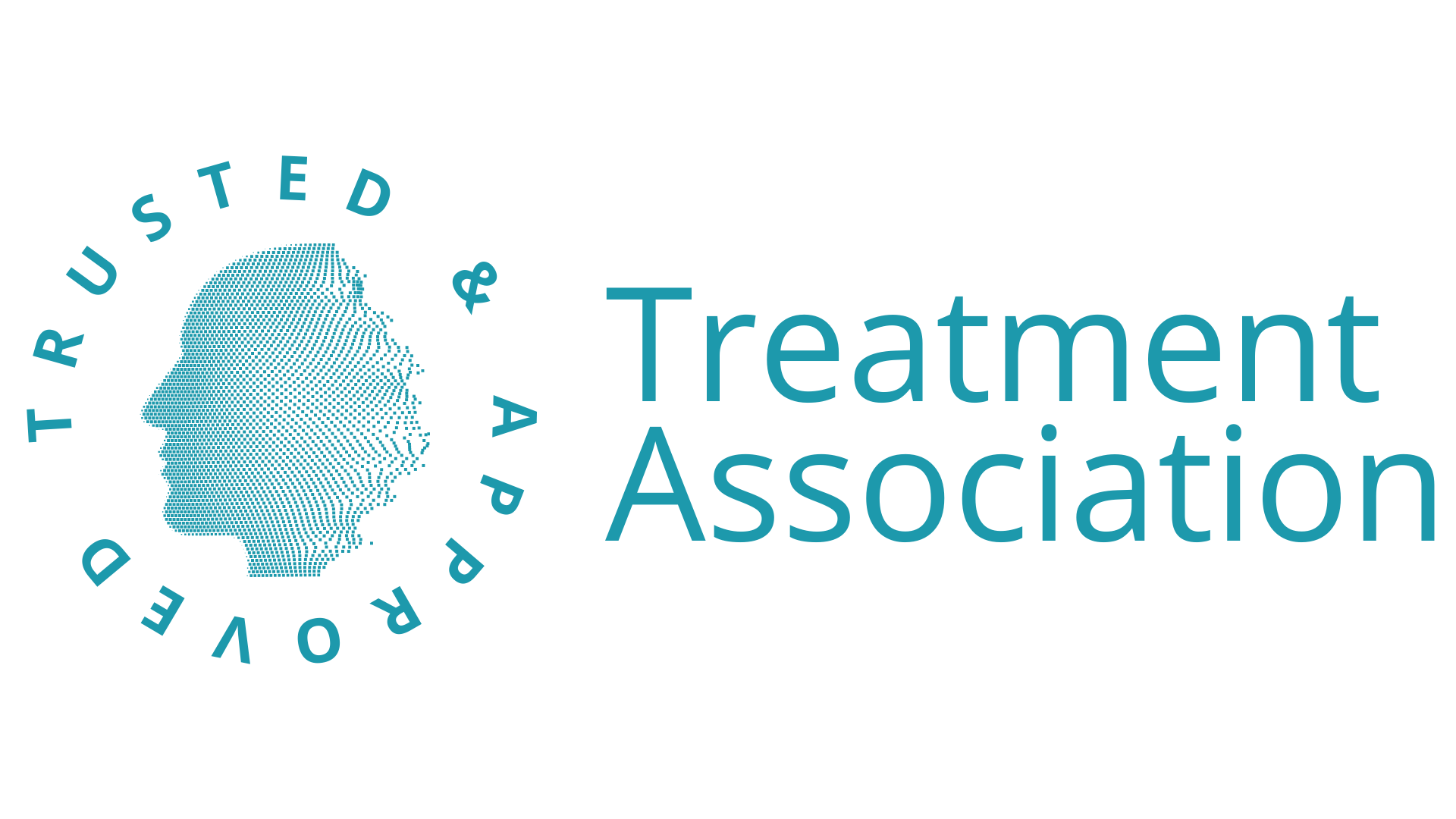Addiction treatment can be a life-saving journey, but it can also come with a hefty price tag. The cost of addiction treatment varies widely depending on the type of treatment, length of stay, and the provider. Without insurance coverage, many individuals and families may find it difficult to access the care they need. However, navigating insurance coverage for addiction treatment can be a daunting and confusing process. In this blog post, we will explore the challenges of navigating insurance coverage for addiction treatment and provide tips for individuals and families on how to advocate for coverage and navigate the insurance system.
Challenges of Navigating Insurance Coverage for Addiction Treatment
One of the most significant challenges of navigating insurance coverage for addiction treatment is the lack of transparency in the insurance system. Many insurance companies may provide limited information about addiction treatment coverage, leaving individuals and families uncertain about what is covered and what is not. In addition, insurance companies may have complex policies and requirements that make it difficult for individuals to access the care they need.
Another challenge is the lack of parity in insurance coverage for mental health and addiction treatment. The Mental Health Parity and Addiction Equity Act of 2008 requires insurance companies to provide the same level of coverage for mental health and addiction treatment as they do for physical health conditions. However, many insurance companies may still have limitations on coverage for addiction treatment, such as limiting the number of days of inpatient treatment or requiring prior authorization for certain types of treatment.
The Importance of Understanding Insurance Benefits, Deductibles, and Out-of-Pocket Costs
Understanding insurance benefits, deductibles, and out-of-pocket costs is crucial for individuals and families seeking addiction treatment. Insurance benefits refer to the coverage provided by the insurance company for addiction treatment. Deductibles are the amount individuals must pay out of pocket before insurance coverage kicks in. Out-of-pocket costs refer to the expenses individuals are responsible for, such as co-payments, co-insurance, and deductibles.
Knowing the details of insurance benefits, deductibles, and out-of-pocket costs can help individuals and families plan for the cost of addiction treatment and avoid unexpected expenses. It is important to note that insurance benefits, deductibles, and out-of-pocket costs may vary widely between insurance companies and policies, so individuals should review their insurance plan carefully and speak with their insurance provider to clarify any questions or concerns.
Various Insurance Options for Addiction Treatment
There are various insurance options for addiction treatment, including private insurance, Medicaid, and Medicare. Private insurance is typically provided through an employer or purchased individually, and coverage and benefits vary widely depending on the policy. Medicaid is a government-funded program that provides healthcare coverage to individuals with low income or disabilities. Medicare is a federal health insurance program for individuals aged 65 and older, as well as those with certain disabilities.
Private insurance may provide more comprehensive coverage for addiction treatment, but it may also come with higher costs and more restrictions. Medicaid and Medicare may have more limited coverage for addiction treatment but may be more accessible and affordable for individuals with low income or disabilities.
Tips for Advocating for Coverage and Navigating the Insurance System
Navigating the insurance system for addiction treatment can be a complicated and stressful process. However, there are several tips that individuals and families can use to advocate for coverage and navigate the system more effectively:
- Review your insurance plan carefully: Review your insurance plan carefully to understand the benefits, deductibles, and out-of-pocket costs. Speak with your insurance provider to clarify any questions or concerns.
- Understand your rights: Familiarize yourself with the Mental Health Parity and Addiction Equity Act and your rights to coverage for addiction treatment.
- Work with your treatment provider: Work with your addiction treatment provider to understand the cost of treatment and explore options for reducing costs, such as payment plans, sliding scales, or financial assistance programs.
- Advocate for coverage: If your insurance provider denies coverage for addiction treatment, don’t give up. Advocate for coverage by appealing the denial, requesting a review of the decision, or seeking legal assistance if necessary.
- Seek help from an advocate: Consider seeking help from an advocate who can assist you in navigating the insurance system, understanding your rights, and advocating for coverage.
- Research alternative funding sources: If insurance coverage is not available, research alternative funding sources, such as state-funded programs, charitable organizations, or crowdfunding campaigns.
- Practice self-care: Navigating the insurance system for addiction treatment can be a stressful and emotional process. Practice self-care by seeking support from loved ones, practicing mindfulness and relaxation techniques, and engaging in activities that bring you joy.
Conclusion
Navigating insurance coverage for addiction treatment can be a daunting and complicated process, but it is an essential step in accessing the care you need. Understanding insurance benefits, deductibles, and out-of-pocket costs, as well as the various insurance options available, can help you plan for the cost of addiction treatment and avoid unexpected expenses. By advocating for coverage and navigating the insurance system effectively, individuals and families can access the care they need to achieve lasting recovery. Remember, you are not alone in this process, and there are resources available to help you navigate the complexities of insurance coverage for addiction treatment.






